I’m participating in Nonfiction November, one of my favorite annual blogging events. The first week’s topic is hosted by Doing Dewey, and I’m already a little behind.
Take a look back at your year of nonfiction and reflect on the following questions – What was your favorite nonfiction read of the year? Do you have a particular topic you’ve been attracted to more this year? What nonfiction book have you recommended the most? What are you hoping to get out of participating in Nonfiction November?
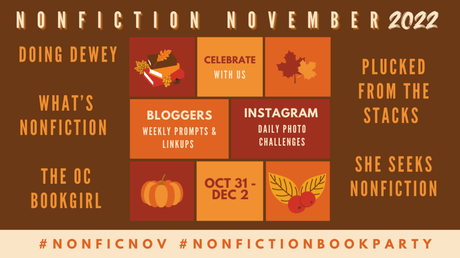
This year so far I’ve read 19 nonfiction books, which is a little bit of an increase over last year, though I still read far more fiction than nonfiction. One area I’ve been concentrating on is books about nature and the environment. In that area, I read Diary of a Young Naturalist, How to Give Up Plastic, The Puma Years, and my favorite of the group, Jane Goodall’s The Story of Hope.
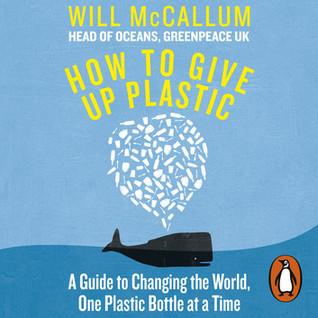
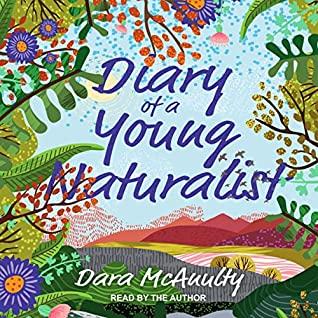
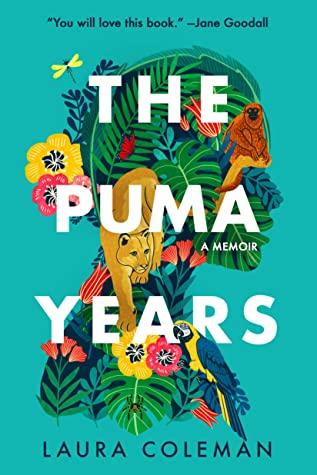
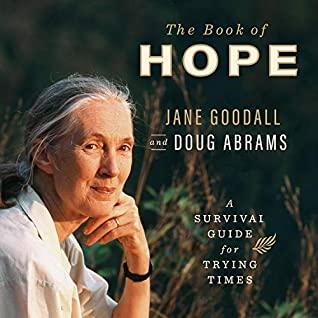
Goodall and McAnulty’s books are also memoirs about people addressing difficult challenges, a common theme across my reading. One of my favorites in this category was Inheritance by Dani Shapiro. This was a fascinating and moving book about a woman who discovers from a DNA test that she is not her father’s biological daughter. This leads to an exploration about faith, identity, and reproductive science and policy. The underlying question is what makes someone family, and how much do you want to know about where you come from?
Another favorite in this category was Judith Heumann’s Being Heumann. Heumann’s memoir is also a history of disability rights activism leading to the groundbreaking Americans With Disabilities Act. I know she has inspired so many people, and I hope her memoir will inspire even more people to fight for their own rights and what they believe in.
A third favorite in this category was Gabrielle Union’s We’re Going to Need More Wine. This memoir covers a lot of issues with humor and honesty, ranging from the funny, to the famous (Heath Ledger and Prince), to the devastating (sexual assault and cancer).
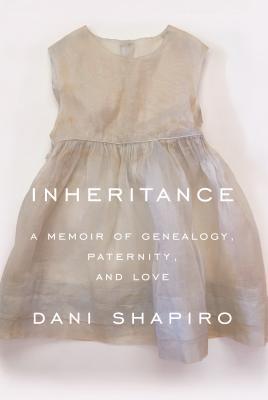
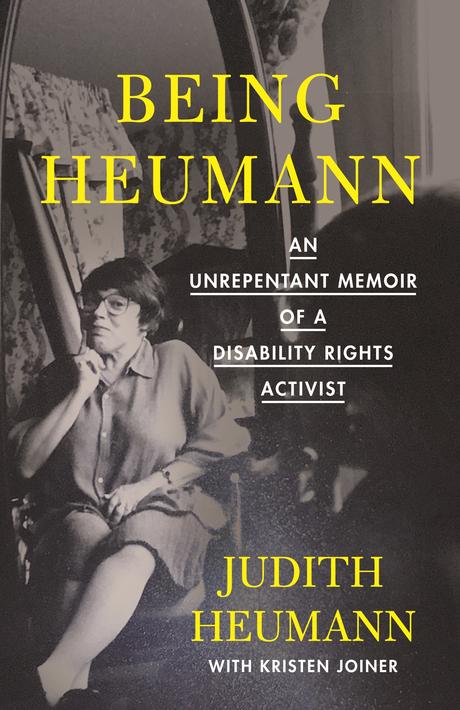
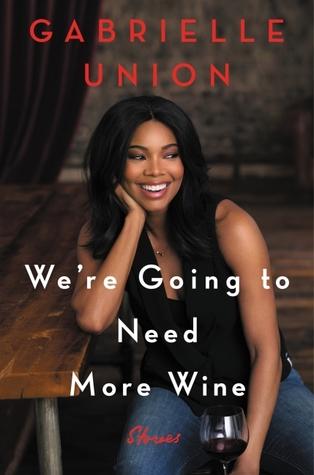
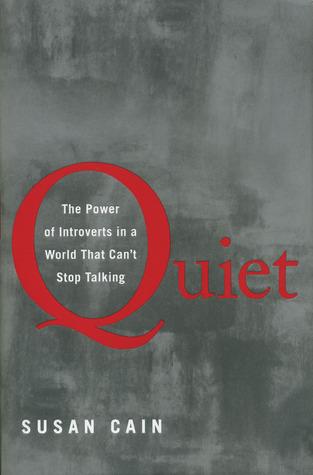
In addition to Inheritance, the book I recommended most this year was Quiet by Susan Cain. This book, an exploration of what it means to be introverted and extroverted, was so relevant for me that I recommended it to many of my co-workers and I use it as a manager to consider the differences in how people work. I particularly appreciated Cain’s insights on how introverts can push outside their comfort zone when it’s important. I’ve always had trouble reconciling the fact that I deeply need solitude, quiet, and order, and yet I love jobs where I’m talking to people on a regular basis. Additionally, I’m not a parent but I know that people have started talking about how introverts can best parent children who are extroverts, and vice versa, and I think Cain’s work has contributed to that important conversation.
What am I hoping to get out of Nonfiction November? I’ve been reading a lot more nonfiction in the last few years, and this event always helps me find great new titles to read. Some of the books I’ve discovered in previous years were The Body Keeps the Score (about the impact of trauma on the brain), Catch and Kill by Ronan Farrow (about the investigation of Harvey Weinstein), Get Well Soon (a humorous historical look at contagious diseases), and Diary of a Young Naturalist (a nature memoir written by a 15 year old with autism). I also appreciate the prompts that get us thinking about nonfiction in new ways – which nonfiction books pair great with fiction? Which tell stories that are stranger than fiction? And which have deeply affected the way we think about the world?
Thanks to our hosts of this year’s Nonfiction November. What was a favorite nonfiction book you read this year?

